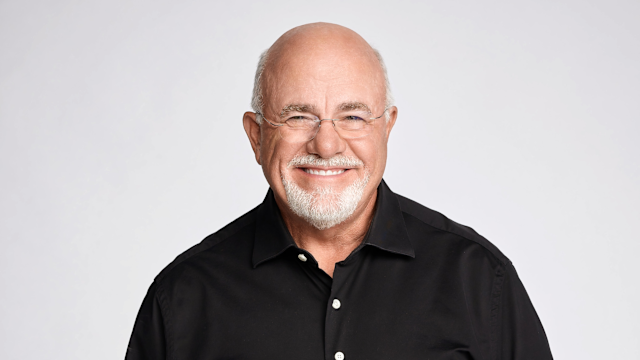
Bonds can be boring. But bonds are a lifeline for most investors and retirees who want less drama in their investment accounts.
Read More: 12 Best Safe Investments To Grow Your Money in 2025
Find Out: Here's the Minimum Salary Required To Be Considered Upper Class in 2025
Investing in bonds has changed over the years, and in J. David Stein’s recent podcast, he outlined how bond investing has evolved, and why it’s easier than ever to add bonds to your portfolio. Here’s what you need to know.
What Are Bonds?
Bonds are a fixed-income investment that offer regular interest payments and a (potential) modest return on investment.
Bonds are loans to government or private entities that pay a fixed or variable interest rate. When you invest in an individual bond, you are lending money to a business or government entity that agrees to pay back your principal investment, along with interest payments.
In general, bonds are seen as reliable fixed-income investments due to the fixed interest payments and low volatility. And bonds help investors diversify outside of the stock market when building a retirement portfolio.
Check Out: How To Get a 10% Return on Investment (ROI): 10 Proven Ways
How Can You Invest In Bonds?
There are several ways to invest in bonds.
You can purchase bonds by opening up a brokerage account (or individual retirement account) at a broker that supports bonds. Not all investing apps let you buy bonds, but most major brokers do (such as Vanguard, Schwab and Fidelity).
You can find a bond that you want to purchase, open a brokerage account or IRA, and then invest in that bond.
There are several types of bonds you can invest in. Here are a few of the most popular ways to invest in bonds:
-
U.S. Treasurys: U.S. Treasurys are a short-term or long-term loan to the U.S. government. Treasury bonds are 20- or 30-year bonds that pay a fixed interest payment every six months.
-
Corporate bonds: Corporate bonds are loans to businesses that can pay higher rates, but they also come at a higher risk of default. These bonds are available in various durations and amounts.
-
Bond mutual funds: Bond mutual funds are professionally managed funds that hold various types of bonds based on a specific investment strategy. Bond mutual funds allow you to hold a wide range of bonds within a single fund.
-
Bond index funds: Bond index funds are passively managed funds that hold a selection of bonds that are part of a bond index. These funds have low fees and can hold thousands of bonds within a single fund.
What Is the Easiest Way To Invest In Bonds?
In the recent “Money For the Rest Of Us” podcast, Stein detailed the history of investing in bonds, and how it used to be much more difficult to access bonds. “Bonds were generally illiquid. They traded over the phone with dealers,” Stein said. “They didn’t trade on an exchange like stocks.”
Story ContinuesBut now it’s become much easier to purchase bonds without needing to manually make trades or call your broker. And while you can buy individual bonds (like U.S. Treasury bonds), an easy way to add bonds to your portfolio is through bond exchange-traded funds (ETFs).
“So we have seen the rise of bond ETFs … Now there are over $2 trillion just in the U.S. invested in bonds via exchange-traded funds,” Stein said. According to Stein, ETFs have made “bonds easier, cheaper, and more accessible than ever.”
You can find bond ETFs, like Vanguard’s Total Bond Market Index Fund ETF (BND), at most brokers. And since they are ETFs, you can buy and sell them with no fees with most brokers as well.
Are Bonds Worth It?
Bonds are a staple in most retirement portfolios due to their low volatility and regular coupon payments to provide retirees fixed income. But bonds are a “lower risk, lower return” type of investment and may not grow your portfolio as well as investing in the stock market.
If you’re wondering how to add bonds to your portfolio, what asset allocation you should choose and how bonds fit in your financial goals, it can be a good idea to meet with a licensed financial planner to create a financial plan.
More From GOBankingRates
-
3 Luxury SUVs That Will Have Massive Price Drops in Summer 2025
-
4 Things You Should Do if You Want To Retire Early
-
The 10 Most Reliable SUVs of 2025
-
10 Genius Things Warren Buffett Says To Do With Your Money
This article originally appeared on GOBankingRates.com: This Investing Expert Says Bonds Are Back — and Easier Than Ever














